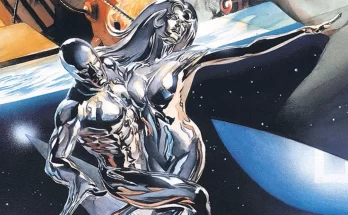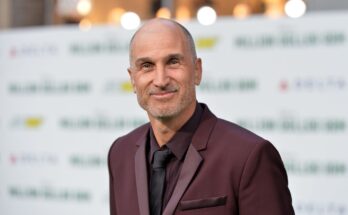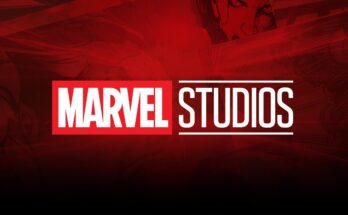Want to hear more from the actors and creators of your favorite shows and films? Subscribe to The Cinema Spot on YouTube for all of our upcoming interviews!
Guardians of the Galaxy is without a doubt the most obscure comic book franchise in mainstream media. So much so, that when the team was confirmed to be the 10th installment in the MCU, many die hard comic book fans didn’t even know who they were! That is simply because the original run debuted in the late 1960s, and died shortly there after.
Even with that knowledge, the film made over 300 million dollars domestically, beating out films like Batman v Superman: Dawn of Justice which starred some of the biggest cultural icons ever to be on screen.
All of this begs the question: how did a movie about a talking tree and raccoon be so critically and commercially successful? My answer is the filmmaker’s use of music. Of course if one has seen the movie, that feels like the easy answer, but upon further examination it is not that simple.
James Gunn (the writer and director of both, Guardians of the Galaxy and its sequel), relies heavily on the notion of nostalgia. Where many other properties would make call backs to the sequels or prequels of its franchise, Guardians does not have that luxury. Gunn evokes its audience’s memories, and forces them to think back on themselves, not the characters on screen.
All the music featured in the film dates back to the late 60s or early 70s, which is indeed when the original comic book title was coming out in print. This is justified by making Chris Pratt’s character from that time period. One of the only things he still has from his home on Earth is his Sony Walkman that has all these songs on it. Star-Lord (Pratt’s character) has a bit of an identity crisis, because he is an earthling living amongst distant aliens. The thing he can always turn to in order to comfort him is the film’s classic soundtrack.
As the music is introduced throughout the film, it progresses alongside the characters. Starting off with Blue Suede’s Come and Get Your Love, Star-Lord dances around, pompously while stealing an ancient relic for money. At this point, himself and all the other Guardians are exactly what the film calls them, “a bunch of A-holes”. When they develop into a family, and eventually heroes, so does the film’s soundtrack which ends with Marvin Gaye‘s Ain’t No Mountain High Enough, evoking themes of heroism.
This use of sound is just one of many examples of how Gunn, and the Marvel team as a whole, was able to overcome an issue creatively. To help strengthen this point, one can point to a film which attempted to use this strategy but largely failed: Warner Brother’s Suicide Squad.
Very clearly trying to play off of Guardians’ distinct tone, Suicide Squad included many classic rock songs throughout the film. When implemented, however, it felt cheesy because they were unjustified and awkwardly blunt. The scene is set in a prison in Louisiana? House of the Rising Sun by The Animals! Amanda Waller is bad, but still trying to do good? Sympathy for the Devil by The Rolling Stones. Harley is a super freak? Literally let’s just play Super Freak by Rick James. And finally my personal favorite, a scene on a helicopter? Spirit in the Sky by Norman Greenbaum!
All this goes to show that the creative guys at Warner Brothers saw what Guardians did well, and credited it to their use of classic rock. That’s all good and dandy, but they failed to see that it was used with INTENT, not just because its sounds cool.








2 Comments on “A Deep Dive Into Guardians of the Galaxy’s Use Of Music”